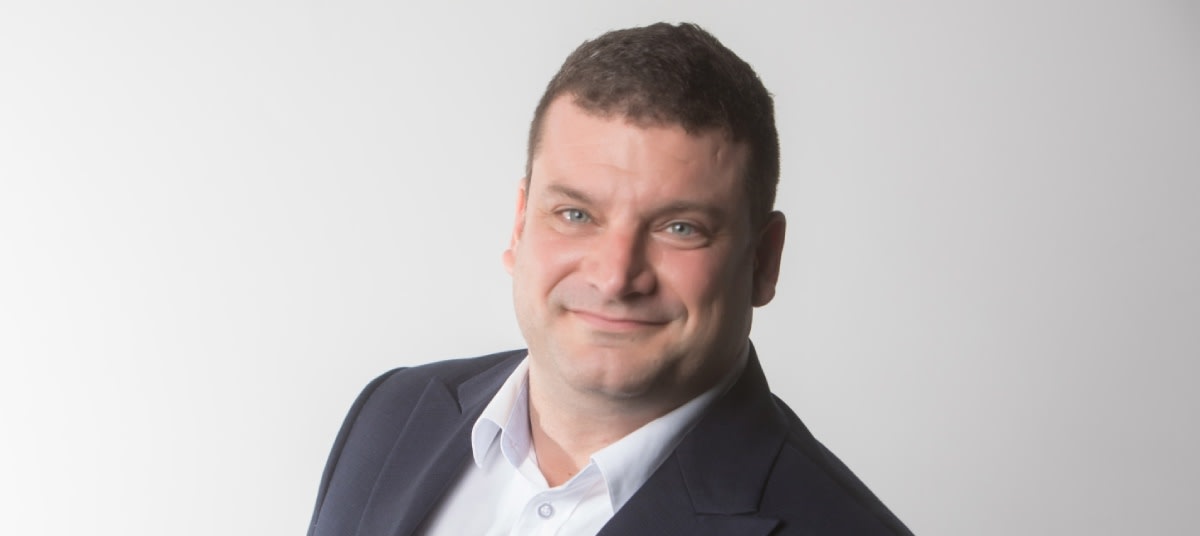
The aggregator is ‘up for the fight’ against Revenue NSW, saying Uber’s recent payroll tax win could be a harbinger for the industry.
Major aggregator Finsure is feeling optimistic about its ongoing case against Revenue NSW about payroll tax, following a successful challenge against the tax collection office in a similar case brought by Uber, according to its CEO.
While the Supreme Court of NSW has previously ruled that payroll tax should be paid on commissions and payments to brokers in certain instances, Finsure Group is one of two aggregators currently before the courts in a challenge against Revenue NSW regarding its position on payroll tax applications.
While Loan Market said earlier this month that it is still awaiting the judgment on final orders and costs for its case, Finsure CEO Simon Bednar said the recent Uber judgment had him feeling hopeful.
The Uber case – which covers the period 2015–20 and was brought by Revenue NSW as it seeks more than $81.5 million in tax payments – focused on the services provided by Uber drivers and how they are paid.
NSW Supreme Court Justice David Hammerschlag ruled earlier this month that Uber did not pay drivers a wage and dismissed the assessments and tax sought by Revenue NSW.
Specifically, the Supreme Court of NSW found that the payments Uber makes to its drivers are not “for, or in relation to, the performance of work”, which is one of the key tests for the extended payroll tax provisions to apply.
As such, it found those payments do not fall under the relevant contracts, according to the Payroll Tax Act 2007 of New South Wales.
The Finsure CEO has said he is adamant that the successful appeal by Uber against Revenue NSW was a positive and “optimistic” outcome for the broking industry.
Bednar said: “Similar to Uber, we are a service platform that distributes revenue from lender partners to the brokers in our network, all of whom operate as independent entities.
“While each case is to be judged on its own merit and not one case is reflective of our entire industry, we believe the Uber ruling will offer a clear example to help Revenue NSW better understand the aggregation business model, and not apply retrospective financial costs that will negatively impact ordinary Australians that rely on brokers to obtain a loan.
“By challenging the Revenue NSW assessment, we are wanting to draw a line.”
Bednar said that the group has “no doubt” that other state revenue offices have been “watching the outcome of the current cases with keen interest”.
He said a successful outcome for Finsure in the NSW challenge would “no doubt dissuade further action and help prevent unfair financial charges that could cripple our industry”.
“It’s all still to be determined but I can tell you one thing for certain – Finsure is up for the fight,” he said.
The Finsure comments come after Loan Market executive chairman Sam White noted the relevance of the Uber case.
The LMG executive chairman said earlier this month that the judge in that case had “agreed that drivers provide a service and there’s a contract in play but didn’t think the payments were in relation to the identified service performed”.
“The decision was based on the contractual arrangements entered into by Uber, drivers, and passengers,” he said.
“We’ll be going through the decision details to consider the merits of a possible Loan Market appeal.”
Once the final orders are issued, an appeals process will extend for 28 days.
You can find out more about the payroll tax case and its implications for the broking industry in this news story from July or watch the full webinar for an in-depth discussion of what it means for broking.
[Related: Unpacking payroll tax: essential broker insights from industry experts]

